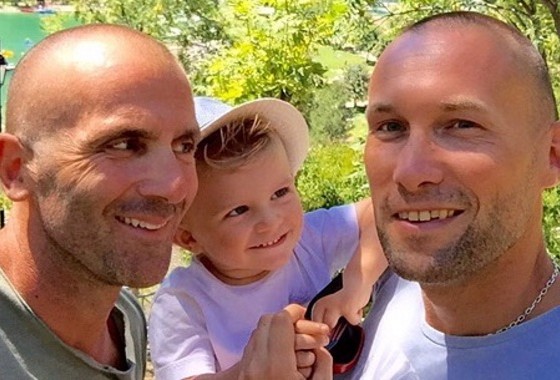1. Adoption and parental rights
There has been extensive research showing that same-sex parenting has no adverse effects on the development of a child. Some research has even shown the positive aspects of being raised by LGBT parents. The limitation here is that the positivity probably has more to do with the education levels and financial security of the LGBT parents, rather than the fact that the parents are LGBT.
